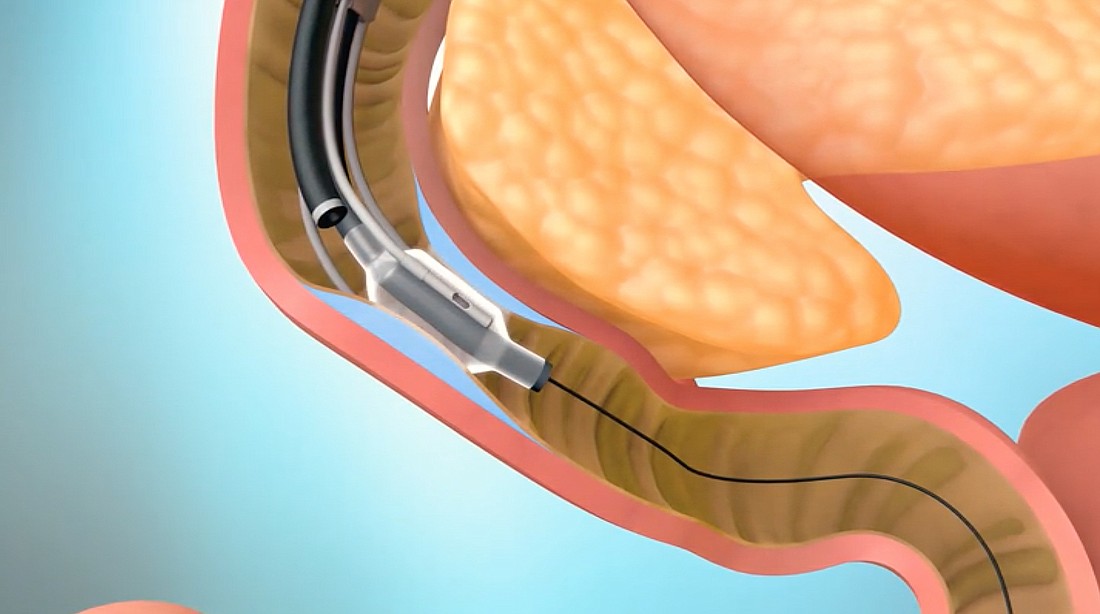- April 19, 2024
-
-
Loading

Loading

A new treatment for type 2 diabetes might be on the horizon for patients — and AdventHealth is at the forefront of testing it.
Doctors at the AdventHealth main campus in Orlando recently tested a Revita duodenal mucosal resurfacing system — a groundbreaking new procedure that researchers hope will lead to a new treatment for type 2 diabetes — for the first time in the United States back in May.
The system — created by Massachusetts-based Fractyl Laboratories — is currently in a pilot study phase that involves testing the procedure with patients.
Research from Fractyl suggests a diet high in fats and refined sugars can damage the lining of the gut and lower the body’s insulin sensitivity.
According to a statement from AdventHealth, Fractyl has collected a body of evidence suggesting there’s a way to reverse this — by removing the unhealthy layer of overgrowth that has developed in the duodenum, the uppermost part of the small intestine. The procedure could potentially be a “reset button” to rejuvenate the lining and ultimately restore insulin sensitivity. This allows the body to properly regulate blood sugar without the need for additional medicines, according to AdventHealth.
“It leads to a remodeling of how the body handles glucose, because there are different hormones — some are helpful for glucose control, some are probably not helpful,” said Dr. Steven Smith, chief scientific officer of the AdventHealth Research Institute. “That remodeling seems to reduce blood sugar in a way that is unlike any other treatment.”
Smith said the Revita DMR system was developed by Fractyl over the last few years. The outpatient procedure starts with a physician endoscopically inserting a balloon catheter into the duodenum. The balloon is then inflated and heated, destroying the excessive layer of the lining to rejuvenate it. The balloon catheter is removed after the procedure is complete.
According to statistics from the Florida Diabetes Advisory Council, more than 2 million Floridians are believed to have type 2 diabetes, and nearly 6 million have pre-diabetes.
Most people in the United States don’t have adequately controlled blood sugar, according to AdventHealth. This can lead to serious complications such as vision loss, heart disease and even amputations.
“There’s a great need for more permanent solutions and one of the promises of this particular approach is that, after the treatment, you won’t need another treatment into the future,” Smith said. “In that sense, it’s a little bit like a vaccine that you take and it works, and you don’t have to worry about it again.”
This treatment could be revolutionary, Smith said, adding that those with diabetes should be hopeful for new treatments.
“There are people out there working really hard to try to come up with new and innovative solutions to help people who do develop diabetes,” Smith said. “It’s not a hopeless cause to be diagnosed with diabetes.”
The study is currently in the midst of recruiting and enrolling participants — a phase that should be finished later this year, Smith said. It will take at least a year after that for results to come back.